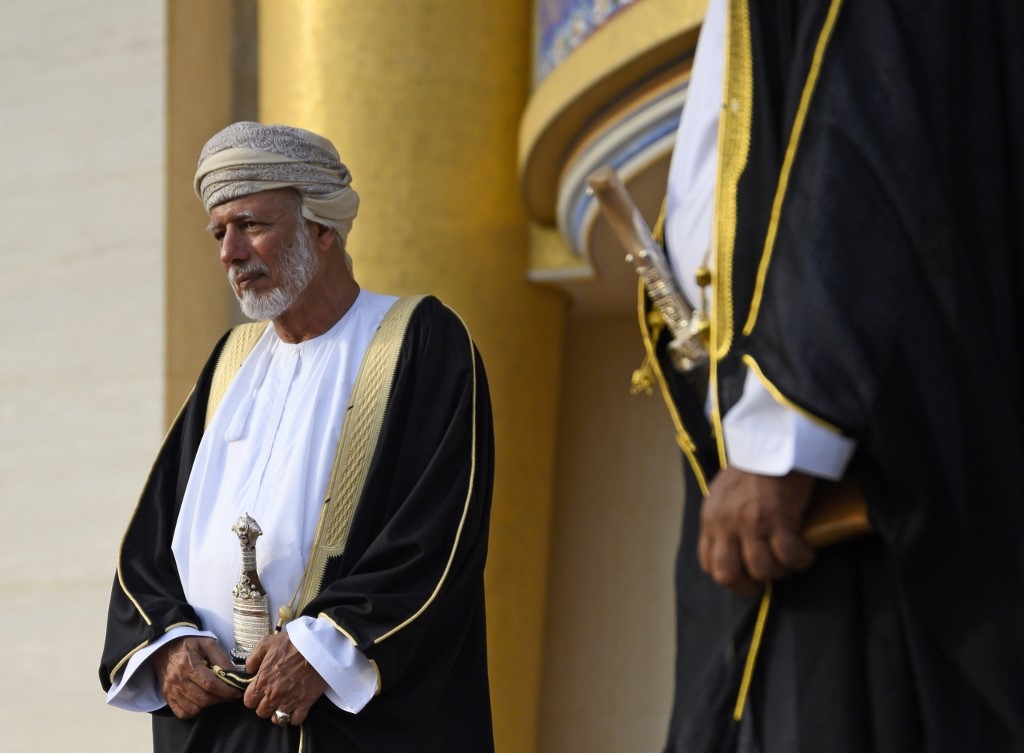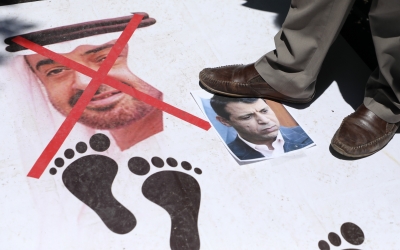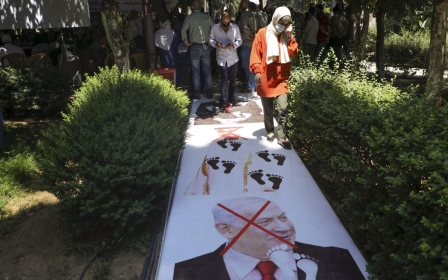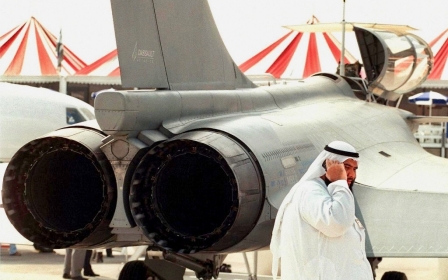Oman's foreign minister holds phone call with Israeli counterpart after UAE deal

Oman's foreign minister Yusuf bin Alawi bin Abdullah spoke with his Israeli counterpart Gabi Ashkenazi on Monday, days after the United Arab Emirates announced plans to normalise ties with Israel.
According to a statement of the call sent to Middle East Eye, the two spoke about the "need to strengthen relations", the UAE-Israel deal, as well as other developments in the region.
The ministers "agreed to maintain direct and continual contact" and "continue the important dialogue between the two countries to advance the process of normalisation" in the region, the statement said.
The Israeli ministry said the call was a follow up to contacts made with the UAE regarding the normalisation plan.
Oman has already declared its support for the UAE-Israel deal reached on Thursday.
Under the agreement, Israel said it agreed to suspend the annexation of large parts of the occupied West Bank. However, hours after the deal was announced, Israeli Prime Minister Benjamin Netanyahu said he remained "committed to annexing parts of the West Bank".
The deal has been rejected by Palestinians from across the political spectrum as an act of "treason" and "betrayal" to their legitimate rights.
'Negotiations need to resume'
Meanwhile, the Omani minister also made a separate call on Monday to an official from the Palestinian political group Fatah, Oman's foreign ministry said.
Bin Abdullah said Oman supported a "comprehensive, just and lasting peace in the Middle East" and that negotiations on an Israel-Palestine peace process needed to resume.
Bin Abdullah also spoke to Jibril Rajoub, secretary general of the central committee of the Palestinian Fatah group, and emphasised the depth of Oman's relationship with Palestinians, the statement added, as quoted by Reuters.
Netanyahu paid a rare visit to Oman in 2018 in what was seen as a desire by the Gulf country to play an influential role in the region.
Israel's intelligence minister said on Sunday that Bahrain and Oman could be the next Gulf countries to follow the UAE in formalising ties with Israel.
Middle East Eye propose une couverture et une analyse indépendantes et incomparables du Moyen-Orient, de l’Afrique du Nord et d’autres régions du monde. Pour en savoir plus sur la reprise de ce contenu et les frais qui s’appliquent, veuillez remplir ce formulaire [en anglais]. Pour en savoir plus sur MEE, cliquez ici [en anglais].





